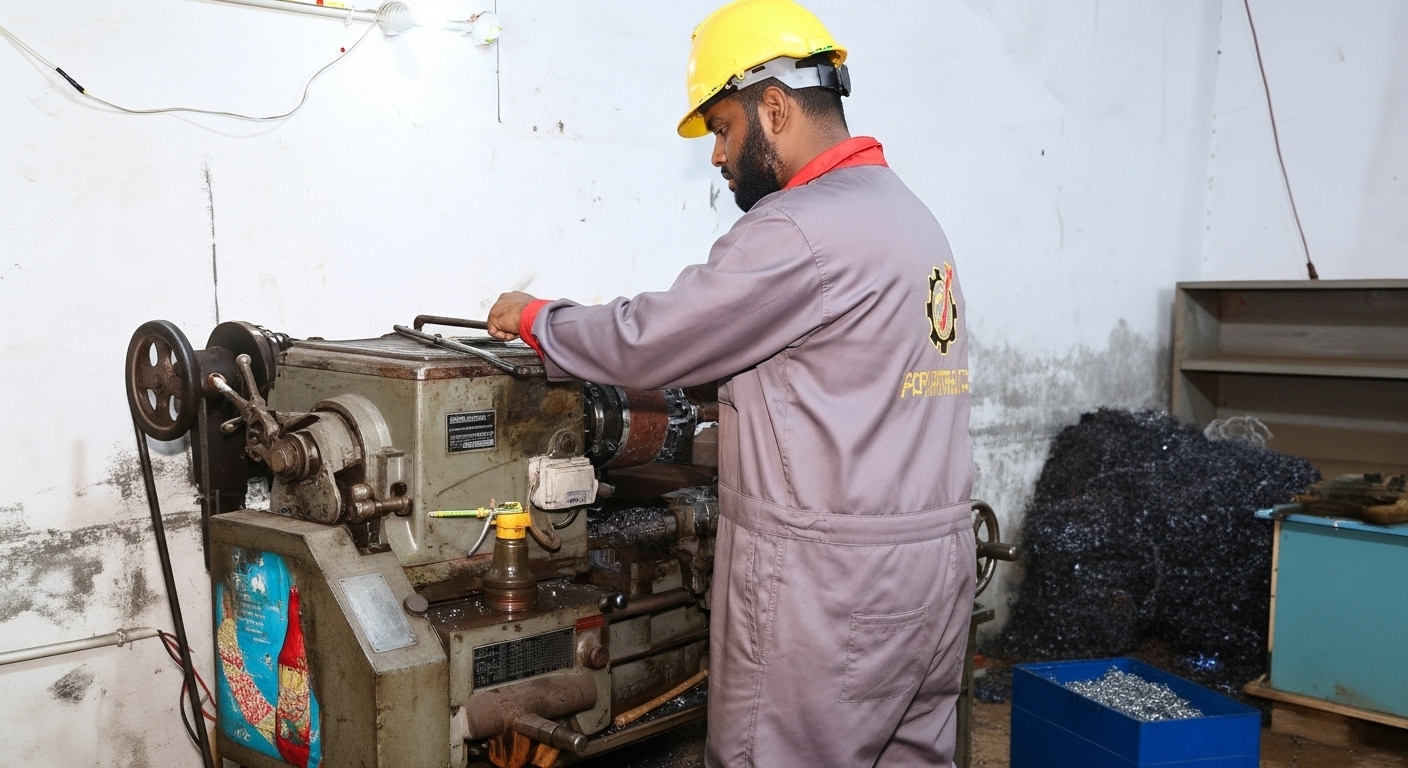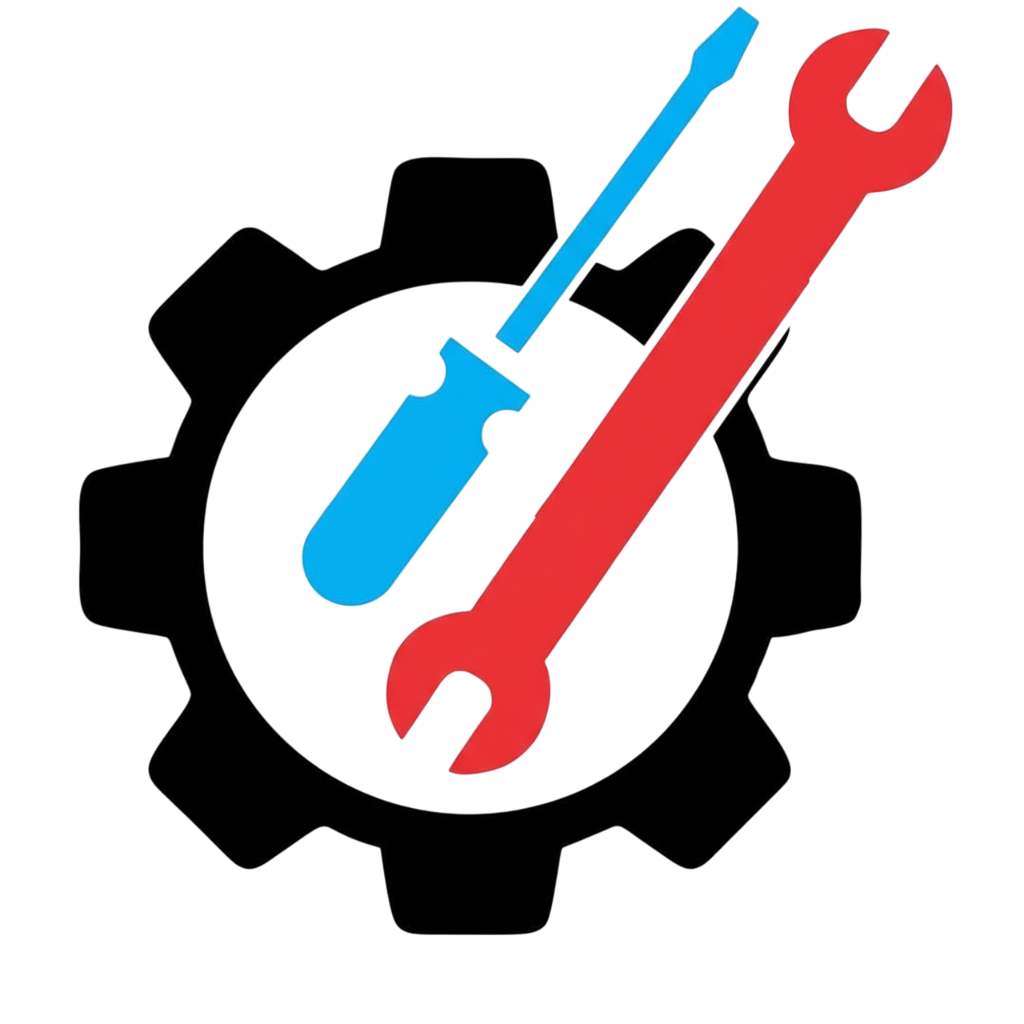
5 Key Skills You Need to Succeed as an Overseas Mechanical Fitter
Posted by Ashtar TTC Team on December 2nd, 2025
More Than Just a Wrench
Working as a Mechanical Fitter on a large international project is a demanding role that requires a diverse skill set. While technical ability is at the core, top employers in the Gulf and Europe look for well-rounded professionals. Here are 5 key skills we focus on in our Mechanical Fitter course at Ashtar Trade Test & Technical Training Centre.
1. Blueprint and Schematic Reading
A fitter who cannot read technical drawings is like a writer who cannot read words. You must be able to accurately interpret complex blueprints, isometric drawings, and P&IDs (Piping and Instrumentation Diagrams) to understand how components fit together. This is a foundational skill for both fitters and pipe fabricators.
2. Precision with Hand and Power Tools
From torque wrenches and micrometers to grinders and hydraulic presses, a professional fitter must be a master of their tools. This means not just using them, but using them with precision and, most importantly, safely. Our Torque Conversion Calculator can be an essential tool for ensuring accuracy.
3. Understanding of Machinery Alignment
Misalignment is a primary cause of machinery failure. A key skill for a fitter is the ability to perform precision alignment on rotating equipment like pumps, motors, and turbines. This involves using tools like dial indicators and laser alignment systems.
4. Problem-Solving and Troubleshooting
Machines break down. A great mechanical fitter doesn't just replace parts; they diagnose the root cause of the failure. This requires a logical approach to troubleshooting, understanding cause and effect, and being able to think critically under pressure.
5. A Strong Safety Mindset
On a multinational project, safety is the number one priority. This isn't just about wearing your PPE. It's about understanding and following safety procedures like Lock-Out/Tag-Out (LOTO), participating in safety briefings, and actively identifying and reporting hazards. A strong safety record, often backed by HSE Training, is one of the most valuable assets you can have for your overseas employment journey.
